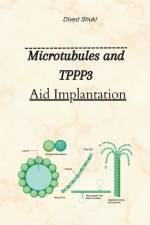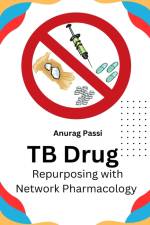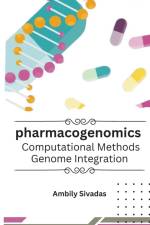von Ambily Sivadas
32,00 €
This is a comprehensive guide to the field of pharmacogenomics, which combines genomics, transcriptomics, epigenomics, proteomics, and metabolomics to understand how individual genetic variations influence drug response. The book covers a wide range of topics, including big data, machine learning, artificial intelligence, data integration, multi-omics, single-cell analysis, biomarker discovery, drug discovery, drug development, clinical trials, adverse drug reactions, pharmacokinetics, pharmacodynamics, gene expression, regulatory genomics, network analysis, pathway analysis, variant analysis, GWAS, eQTL mapping, splicing analysis, gene ontology, functional enrichment, drug-target interactions, drug repurposing, precision medicine, cancer genomics, infectious disease genomics, neurogenomics, cardiovascular genomics, rare disease genomics, omics data visualization, data sharing, open science, reproducibility, ethics, and data privacy. The book emphasizes the importance of personalized medicine, where drug treatments are tailored to individual patients based on their genetic makeup, to improve drug efficacy and reduce adverse drug reactions. It provides detailed descriptions of computational methods and genome integration techniques used in pharmacogenomics research. It also covers the latest developments in the field, including the use of machine learning and artificial intelligence to analyze large-scale omics data, and the application of regulatory genomics and network analysis to identify drug-target interactions and potential drug repurposing opportunities. The book also addresses the challenges and ethical considerations involved in pharmacogenomics research, such as data privacy and the need for open science and reproducibility. It is a valuable resource for researchers, clinicians, and students interested in pharmacogenomics and personalized medicine. Overall, "Pharmacogenomics: Computational Methods, Genome Integration" provides a comprehensive overview of the field, highlighting the potential of omics data to transform drug discovery and development, and improve patient outcomes.






























